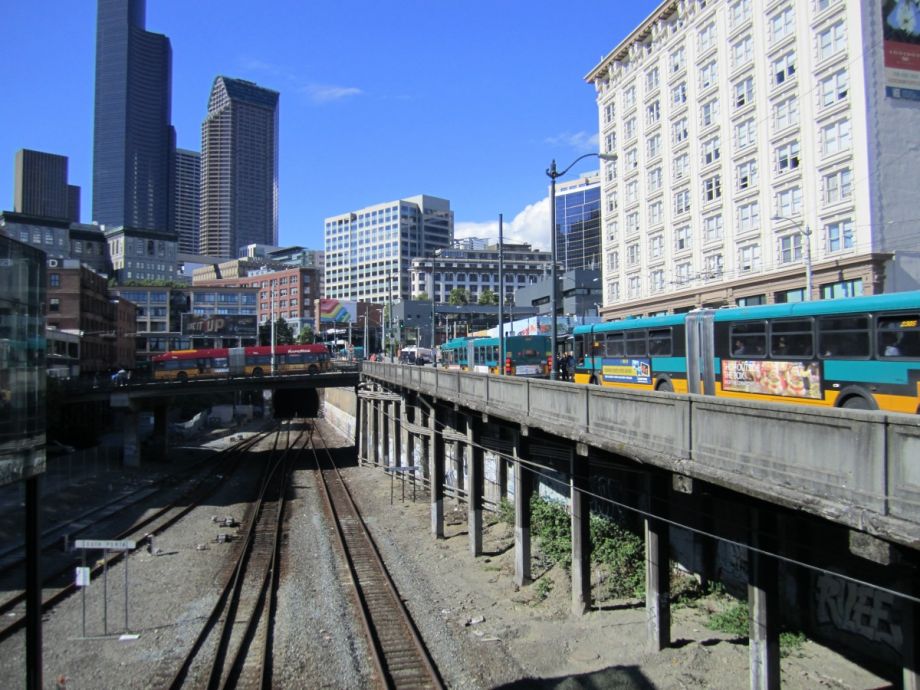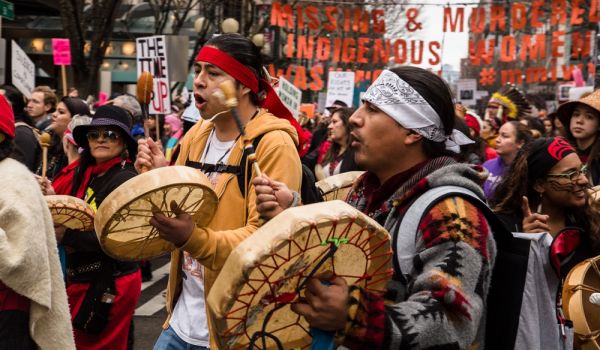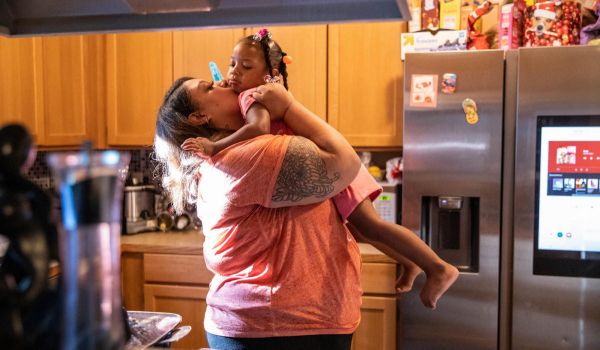The city of Seattle has plenty of wealthy homeowners who turn out in force to public meetings to voice opinions about decisions that will affect their neighborhoods — including Mayor Ed Murray’s zoning overhaul. But City Hall wants to hear from a more diverse set of voices when making decisions about everything from land use to affordable housing, and a new outreach program is designed to include members of historically marginalized groups. Through the initiative, the city is hiring “public outreach and engagement liaisons” (POELs) from those communities — think recent Somali immigrants, LGBT youth, Chinese-American business owners — to do outreach.
Liaisons receive $50 an hour on a contract basis to organize community meetings, provide translation services, invite people to city events, and connect them to services such as utilities payment assistance, low-income transit passes, and low-cost kid’s summer camp.
Sahar Fathi, head of the Department of Neighborhoods’ leadership development division, says the POEL model allows the city to hook people up with the services they need before asking them to participate actively in engagement around decision-making, because “there are a lot of people who can barely afford to pay rent. We look at, how do we meet people’s needs first and then build that capacity” to discuss planning, zoning and density. “Planning processes are a lot of commitment,” Fathi says, “and we need to build a process where people have the stamina to participate.”
Recently, for example, the department brought some POELs to Goodwill headquarters near downtown Seattle to offer services in one place to the members of an ESL class. Then they filled class members in on an upcoming city summit on education and the city’s rental housing inspection program — in 17 different languages. The model, which the city is calling a “community conversation,” takes the city to where people already are, rather than asking people to come to the city.
Tammy Dang is Vietnamese-American and serves as a liaison to the Chinatown/International District. Dang attended a big annual neighborhood event recently to provide information to Vietnamese language speakers and answer any questions they might have. During a lull between animated chats with community members in Vietnamese, Dang — who is a contagiously cheerful woman and was wearing an impeccable turquoise poncho — told me about her work. In addition to serving as a translator at events, she visits business owners in the International District a couple of times a month, both at their businesses and in a “mobile counseling unit” for entrepreneurs too busy to take the night off to attend a city meeting.
The ID, which is just southeast of downtown Seattle, has a long history of problems with homelessness and crime, and Dang says many business owners tell her they’ve given up on getting a response from the city.
“Their main concern is safety in the neighborhood, followed by homelessness, car prowls and robbery,” Dang says. “A lot of the business owners tell me they make calls to the police department and they don’t respond quickly enough, so they just stop calling.” Dang’s job is to get the city and community members talking in a way that produces results.
She’s also tasked with providing information to the city about how businesses are doing and what they need. Dang says that in Seattle’s Asian-American business community, a city employee can’t just roll in and start asking questions.
“You have to get them to trust you, and that takes time. The first answer they’ll give you is, ‘I’m not the owner. The owner’s not here.’ They try to keep their distance. They don’t want the city to know their business or how they’re doing,” Dang says. “So I have to bridge that gap and engage them in conversation for the first 60 seconds. Otherwise, they will deny that they’re the owner.” Once she establishes a connection, she asks about needs and concerns.
“The questions we try to ask are: How long have you been in business, how many employees do you have, what can the city do to help your business, what concerns do you have, and do you feel safe in your neighborhood,” Dang says. “We also offer information on the minimum wage. So many small businesses sometimes don’t have that information.”
Mohamud Yussuf, a POEL who edits the Somali/English-language newspaper Runta (“the truth”), thinks of himself as a translator, organizer, facilitator and community activist. A Seattle resident since 1996, he says he has “never seen this kind of involvement in the community” from the city. Recently, for example, Yussuf says Seattle Public Utilities (the agency that provides the city’s water and garbage services) held a clinic to educate the Somali immigrant and refugee community about its five-year plan, how the city’s complex garbage disposal system works and how to compost kitchen scraps.
“We are all drinking clean water at home, but we didn’t know who was doing it or how,” Yussuf says. “They were there informing the community, so the community has a say when [SPU is] planning where they build and put their resources. What we needed was to be included, to be at the table and have a voice and be served in our own language. We are part of the city. We are residents of the city. We are taxpayers.”
Currently, the city pays 65 community members as POELs, but hopes to expand to 120 — one for each language spoken in the city. The program currently costs the city less than $100,000, or less than the cost of a single mid-level city manager.
“It’s kind of taking off in a way that I can’t keep up with,” Fathi says. “We’re starting to go into places we’ve never been. We started to [ask] how many have never interacted with government before, and it was at least 60 percent.” Of about 650,000 Seattle residents, 25,000 were born in another country. “That’s a lot of people that we need to reach.”
_200_200_80_c1.jpg)
Erica C. Barnett is a Seattle-based writer who covers city politics and policy in Seattle and beyond for various online and print publications and her blog, The C Is for Crank. She cofounded PubliCola, a state and local politics blog. Previously, she was a staff writer and news editor at The Stranger, a reporter for Seattle Weekly, and news editor at the Austin Chronicle.
















